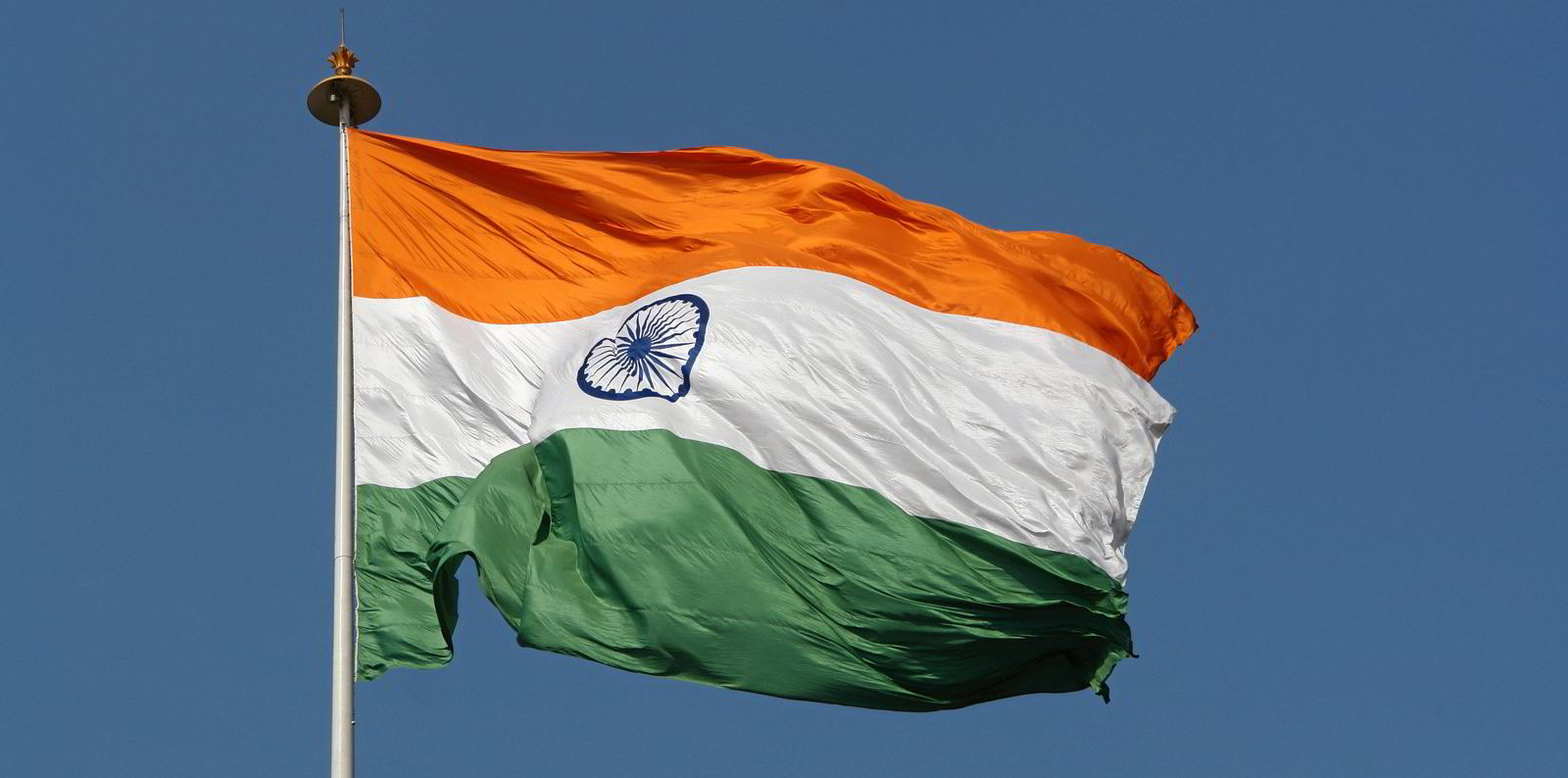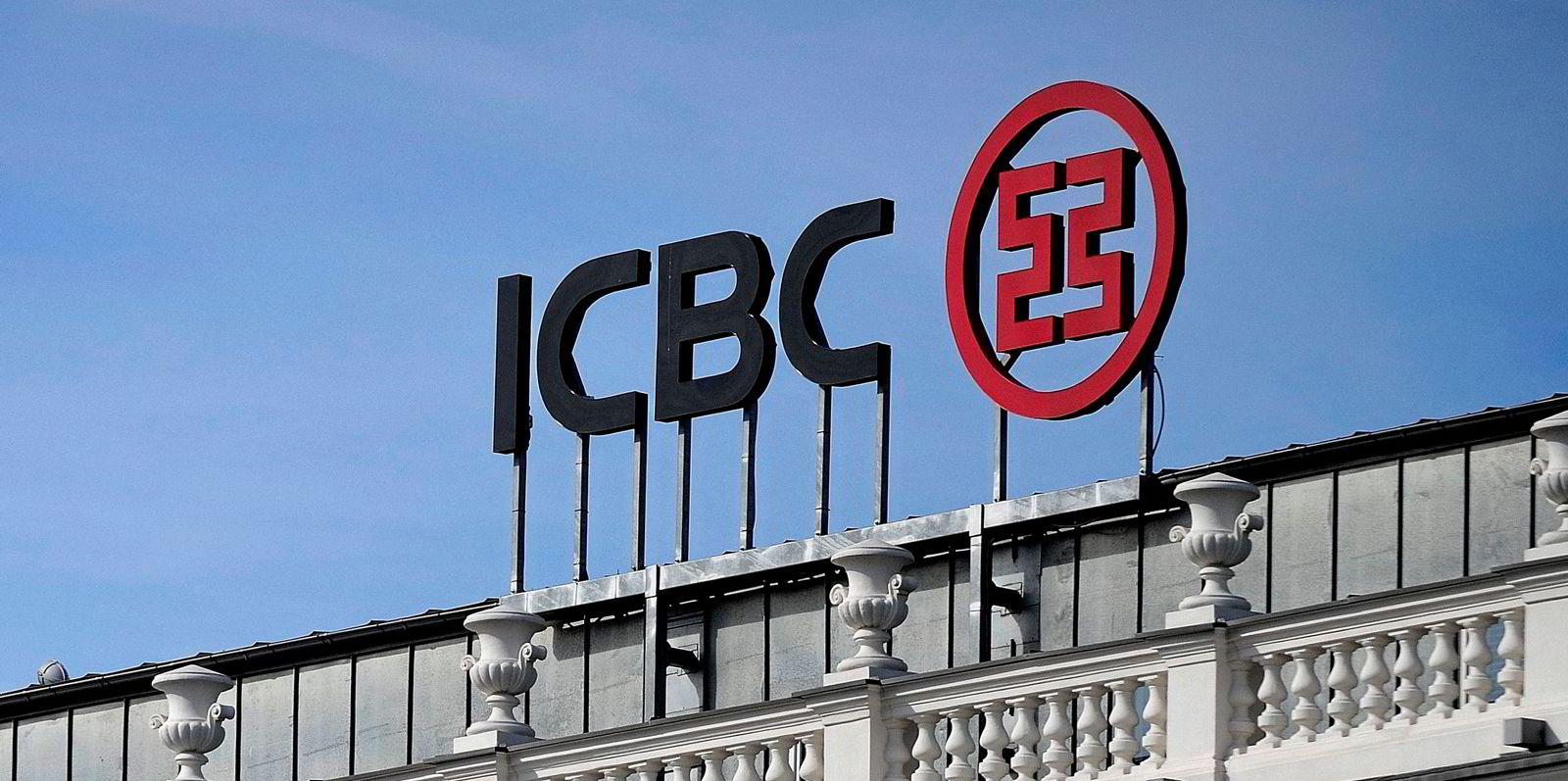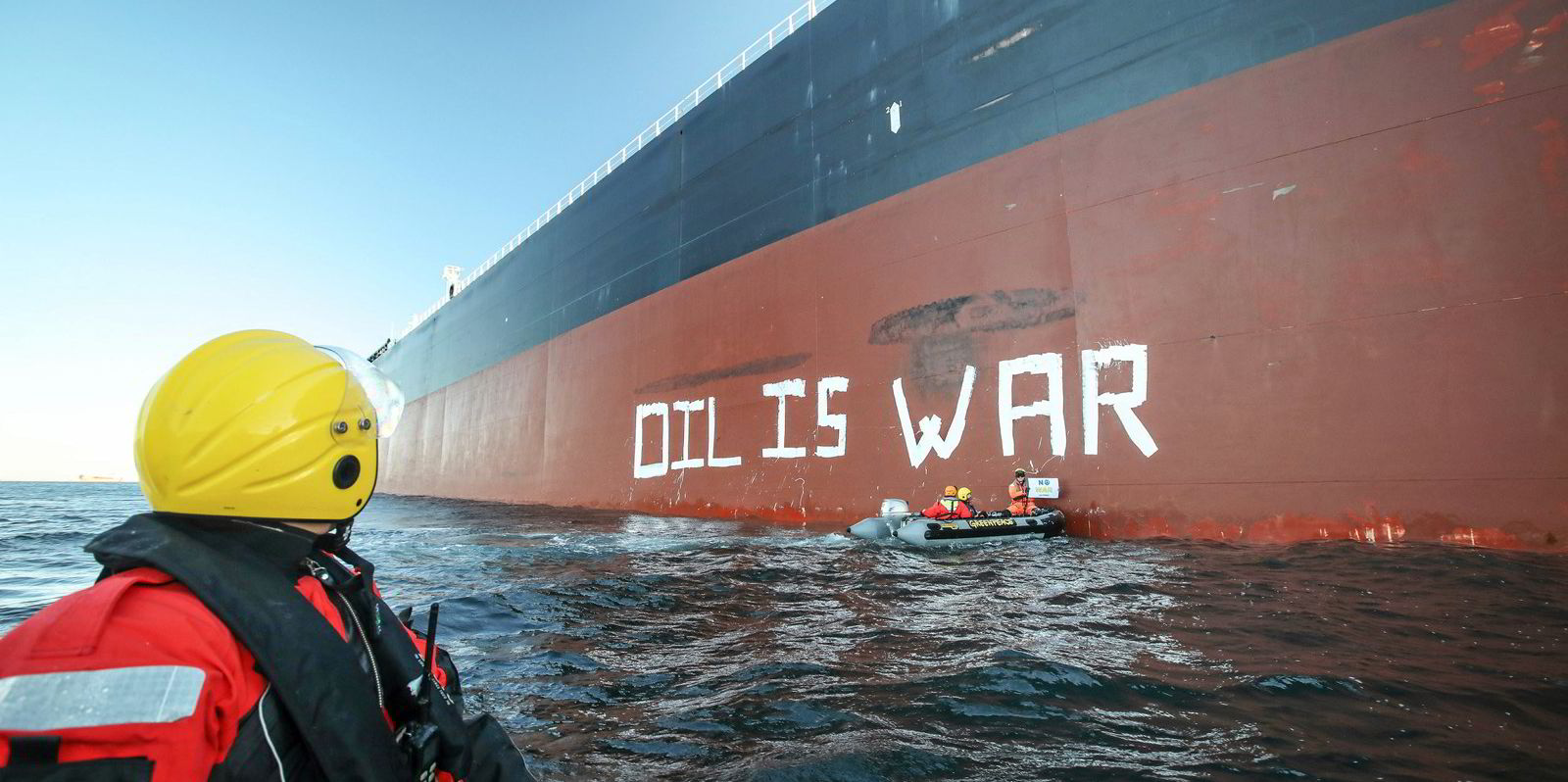India this year became the primary destination for seaborne Russian crude oil — but that may not last much longer, according to Kpler.
A white paper from the trade analytics firm entitled Learning to Live with Sanctions said India’s share of the 3.5m barrels of Russian oil moving on the water surged from 2% in 2021 to two-thirds in 2023 and further to 72% so far this year.
But there are headwinds on keeping the momentum going, Kpler said.
“First, Russian sellers and Indian buyers are still yet to iron out their differences on the future currency of such oil flows — the Russian rouble is largely unstable for India’s refiners and vice versa for the Indian rupee, while the Chinese yuan is a far cry from being politically palatable in Delhi,” it said.
“Second, sanctions from G7 have so far not been a game changer, but they’ve recurrently put a spoke in Moscow’s wheel by needing to revamp shadow shipping companies’ insurance coverage or change the particulars of financing.”
Kpler said pricing had changed, too, as last year Urals crude was trading at a $10 to $12 discount to Brent crude.
On Thursday, Brent crude was priced at $87.20 per barrel after a $1.11 per barrel rally, versus Urals crude at $72.13 per barrel, according to Oilprice.com.
In 2021, Europe was the main destination for Russian crude oil, but following the invasion of Ukraine in 2022, European buyers began voluntarily shunning Russian cargoes.
A $60 per barrel price cap was put on crude cargoes in December 2022, sending more potential customers running, followed two more price caps including a $45 per barrel cap on products selling at a discount to crude and a $100 per barrel cap on those selling at a premium.
The US clamped down further in late 2023, threatening to sanction financial institutions that facilitate transactions supporting Russia’s industrial base.
On Wednesday, Reuters reported that banks in the United Arab Emirates, Turkey and China have begun delaying, our outright refusing, money transfers to Russia.
The newswire said banks had upped their sanctions compliance requirements to steer clear of the US blacklist.





